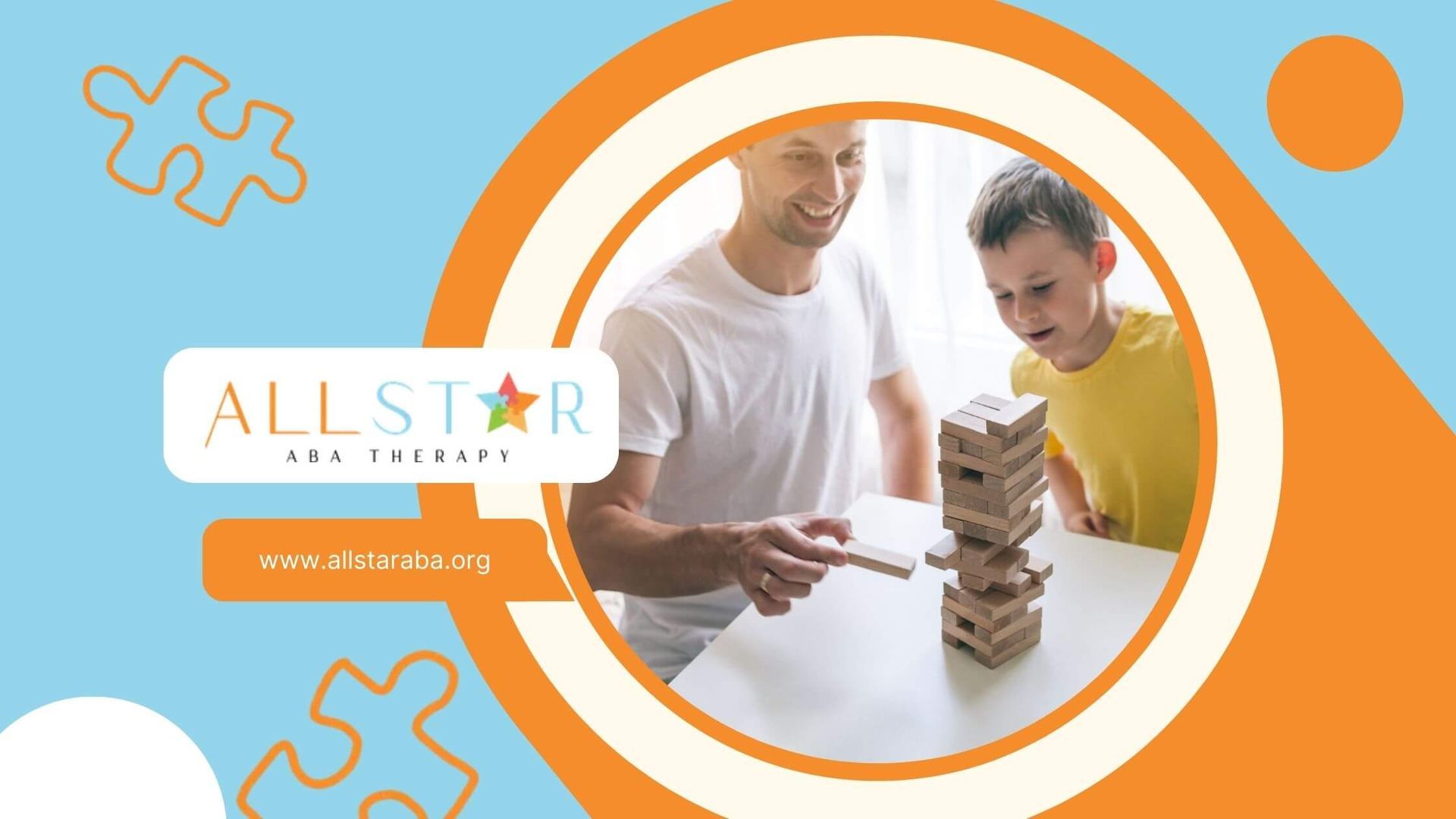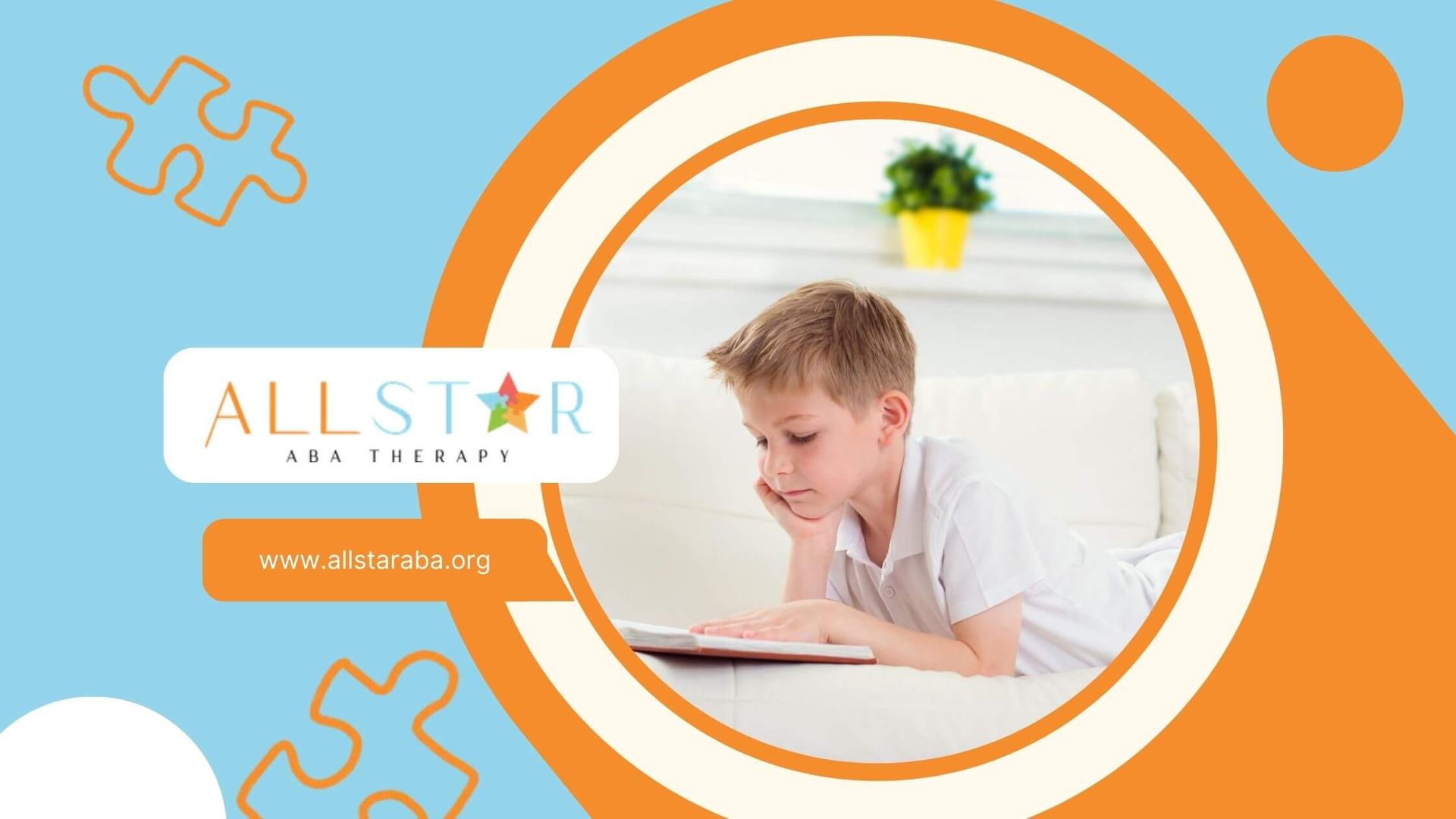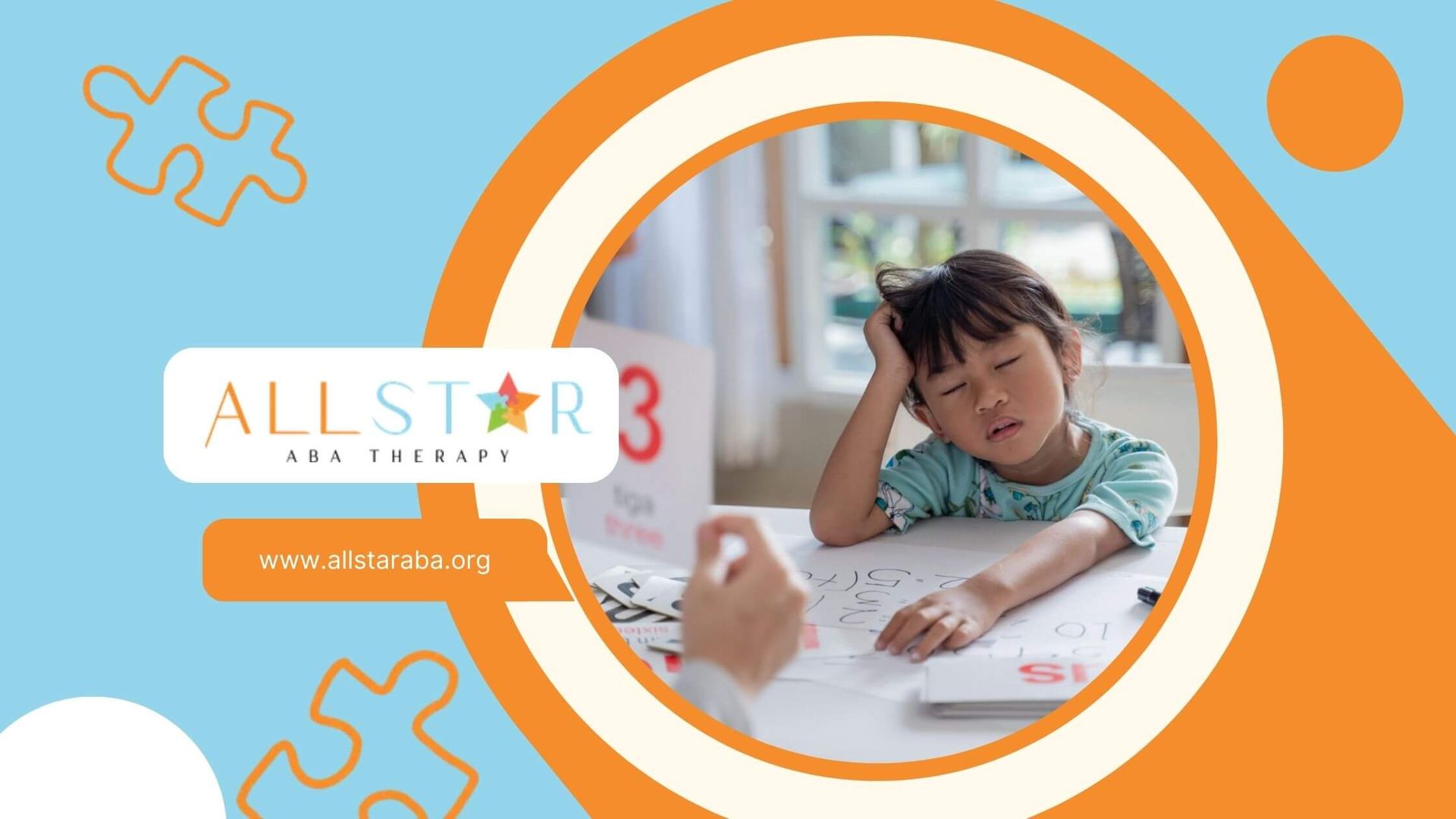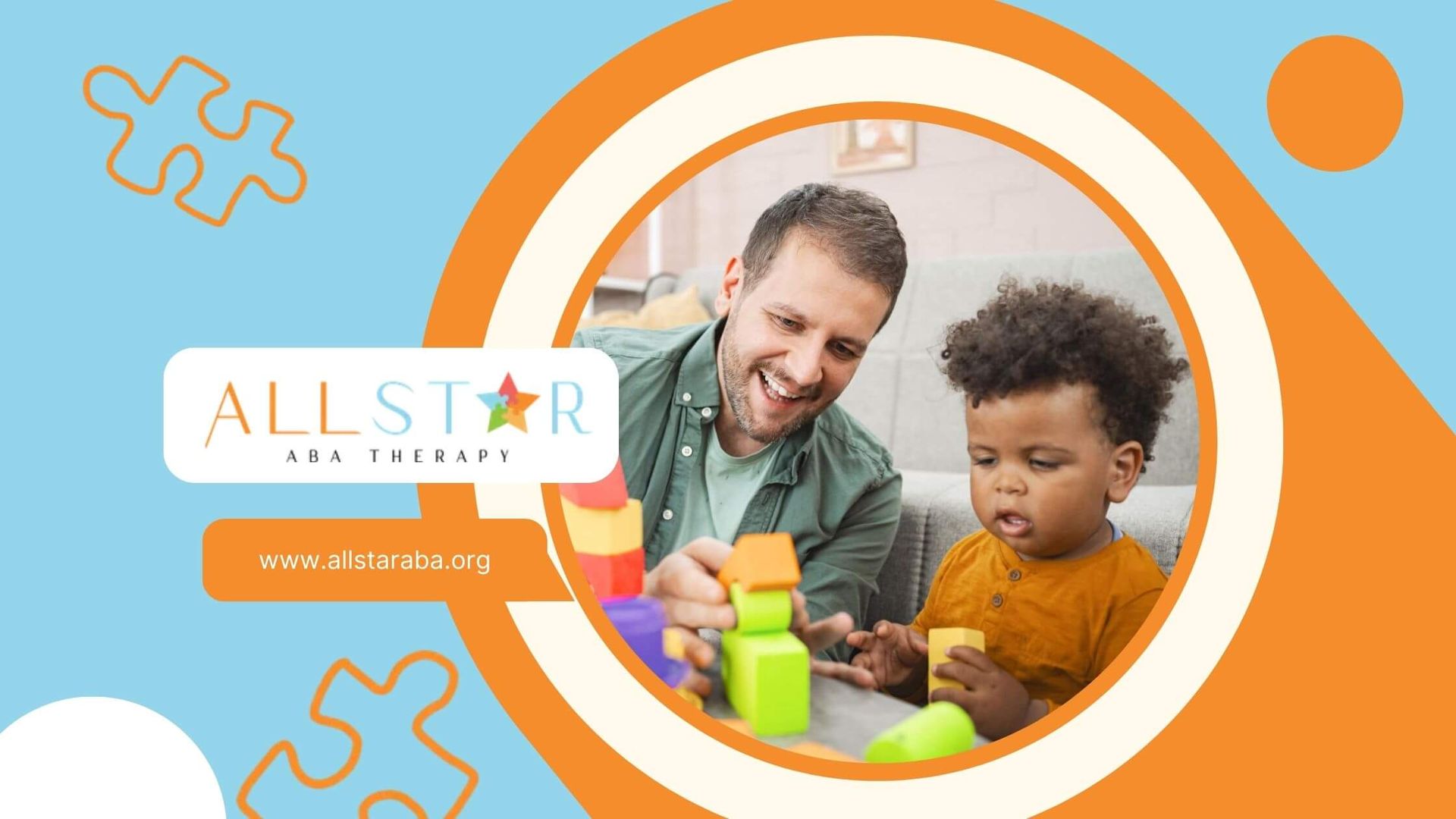New Paragraph
The Silent Struggle: Understanding Jaw Tension in Autism
If you’ve ever noticed jaw clenching, teeth grinding, or unusual jaw movements in someone with autism, you’re definitely not alone. Many autistic children and adults show patterns like these, and they can happen for a few different reasons.
The good news? Most of the time, these behaviors are manageable and not harmful.
What People Mean by “Autism Jaw”
When people talk about autism jaw, they’re usually referring to things like:
- Jaw clenching
- Teeth grinding (also known as bruxism)
- Chewing on non-food items
- Repetitive jaw movements
- Tensing the jaw during moments of stress or sensory overload
These behaviors aren’t “bad” — they’re often ways the body copes with sensations, stress, or excess energy. They can also be habits tied to self-regulation, sensory needs, or anxiety.
Why Jaw Clenching and Grinding Happen in Autism
There isn’t one single cause, but a few common reasons include:
Sensory needs
Many autistic individuals seek sensory input. The jaw has strong muscles, and clenching or chewing can provide grounding, calming pressure.
Stress or anxiety
Like fidgeting or pacing, jaw tension can be a physical response to overwhelming moments.
Oral motor differences
Some autistic children have different oral motor patterns, which can lead to repetitive jaw movements or chewing behaviors.
Medication or sleep issues
Bruxism is more common during sleep, and certain medications can increase the tendency to grind teeth.
When to Seek Support
If jaw clenching or grinding leads to pain, headaches, or worn-down teeth, it’s worth talking with a dentist or a therapist who understands sensory needs.
You can also explore tools like chewable sensory jewelry, mouthguards (for sleep), or calming strategies to reduce stress-based jaw tension.
How ABA Therapy Can Help
ABA therapy can support children and teens by addressing underlying triggers and teaching healthier coping skills. This might include:
- Building stress-management routines
- Replacing harmful chewing with safe alternatives
- Supporting communication so frustration doesn’t build up
- Helping your child understand and manage sensory needs
If you’re looking for compassionate, high-quality ABA therapy, we’re here to help. At All Star ABA, we serve families across Maryland and Virginia, offering personalized support wherever your child learns best.
We provide:
We’d love to support your family — reach out today to get started!
FAQs
Is jaw clenching common in autism?
Yes. Many autistic individuals clench or tense their jaw as a response to sensory needs, stress, or self-regulation.
Can “autism jaw” be harmful?
Most of the time, it’s harmless. But if it causes pain, headaches, or grinding that damages teeth, it’s worth getting professional support.
Can ABA therapy help reduce jaw clenching or grinding?
ABA therapy can help identify the cause and teach safer, more comfortable coping skills while supporting overall emotional regulation.
Sources:
- https://www.cbsnews.com/pictures/is-it-autism-facial-features-that-show-disorder/
- https://pmc.ncbi.nlm.nih.gov/articles/PMC9367144/
- https://pmc.ncbi.nlm.nih.gov/articles/PMC10365059/
- https://www.autismparentingmagazine.com/autism-self-harm/
Need Support?
We're Here to Help!
Our experienced team is ready to assist you. Reach out today to discuss how we can support your child's development and well-being.
Get started with expert ABA therapy today.








